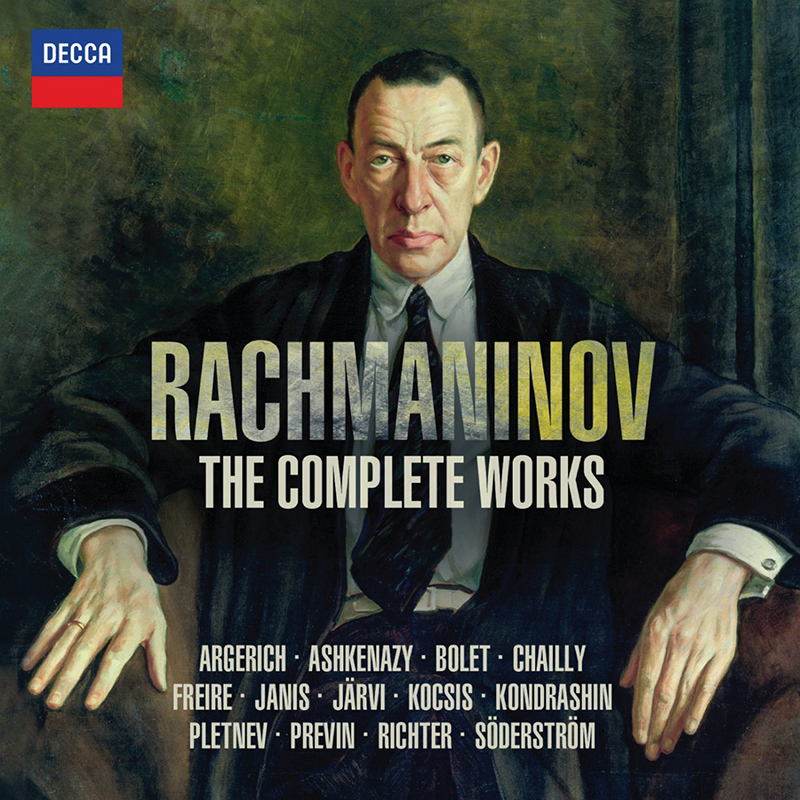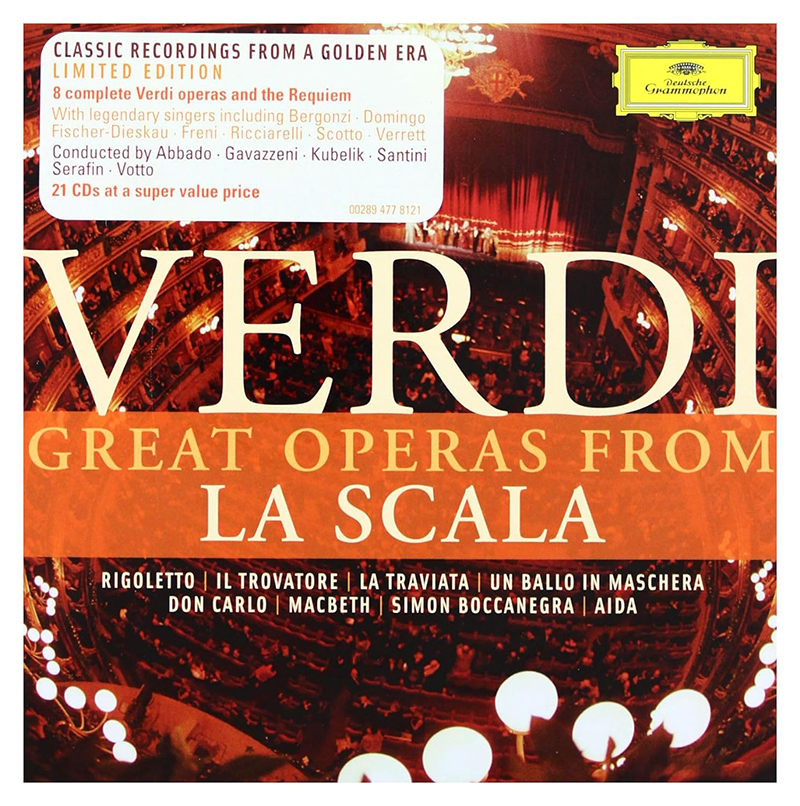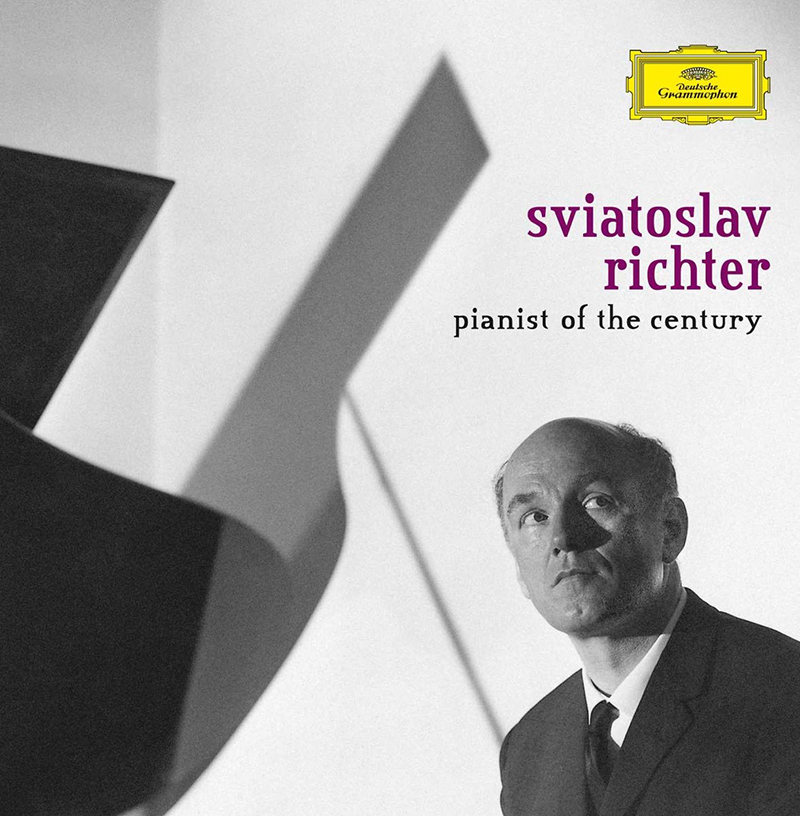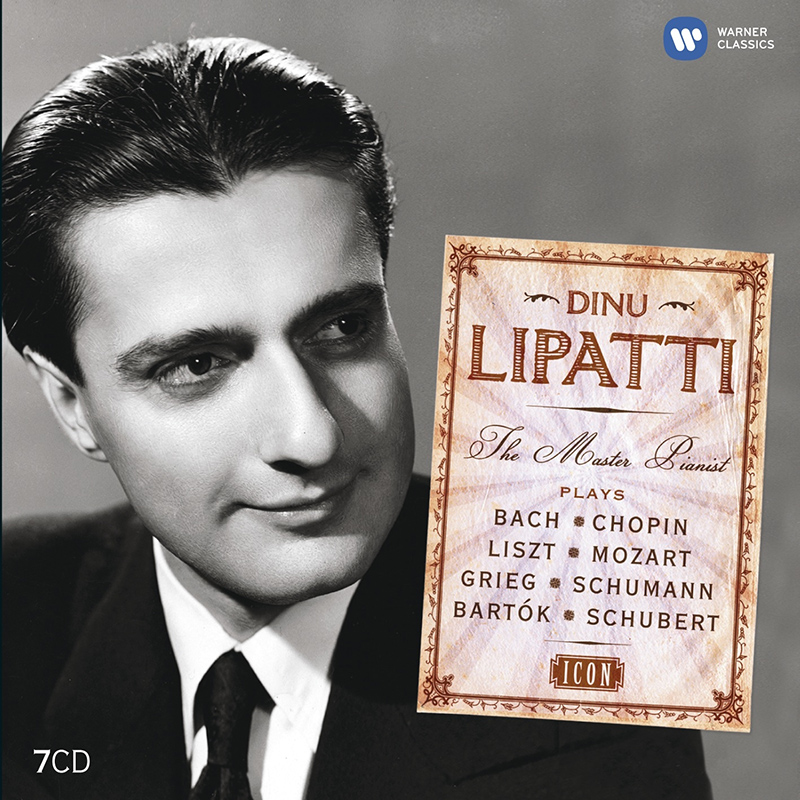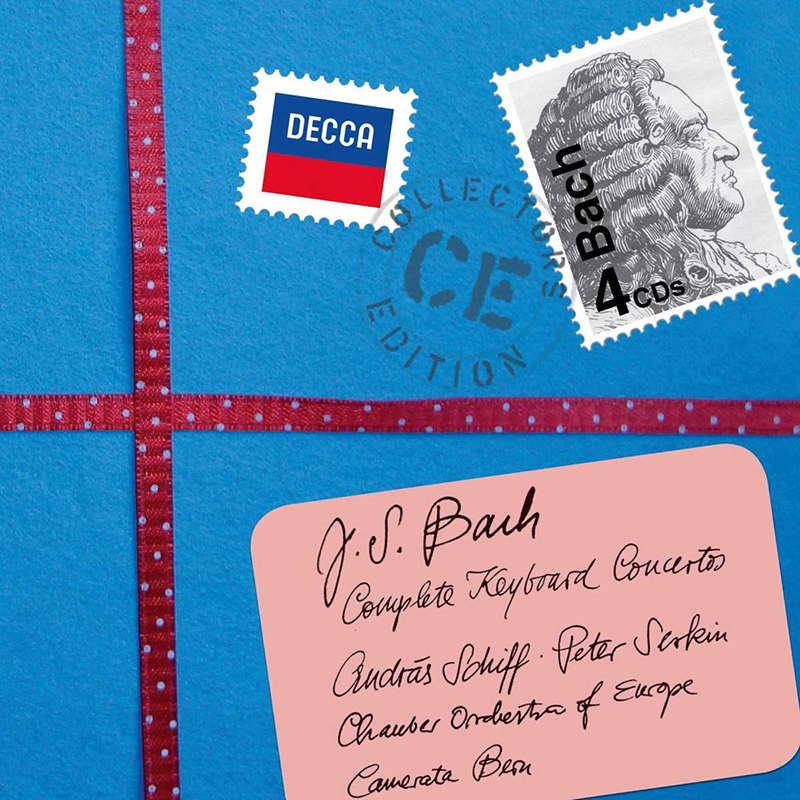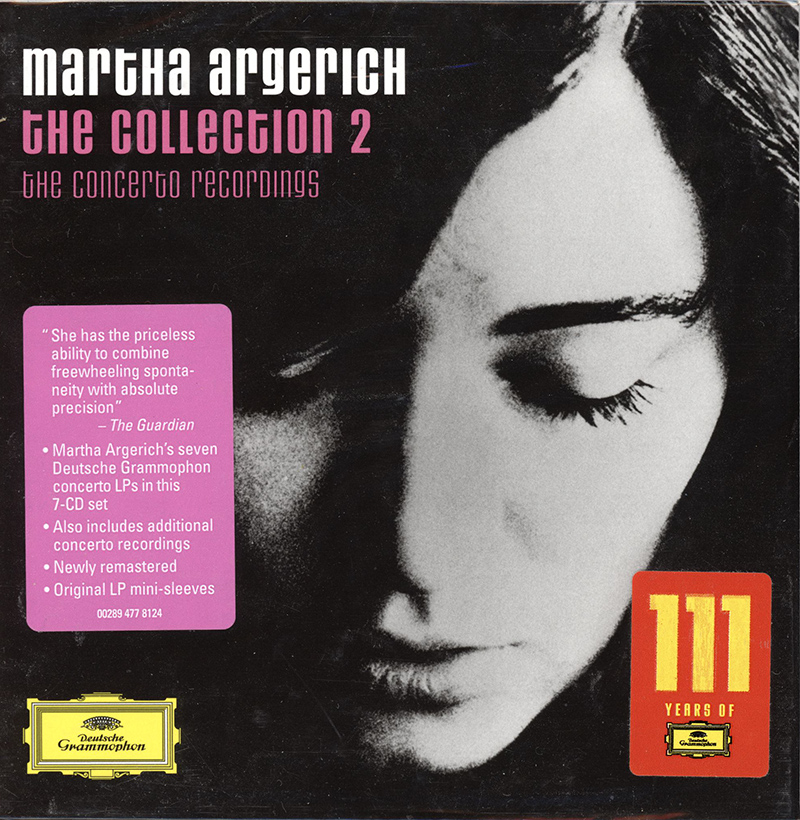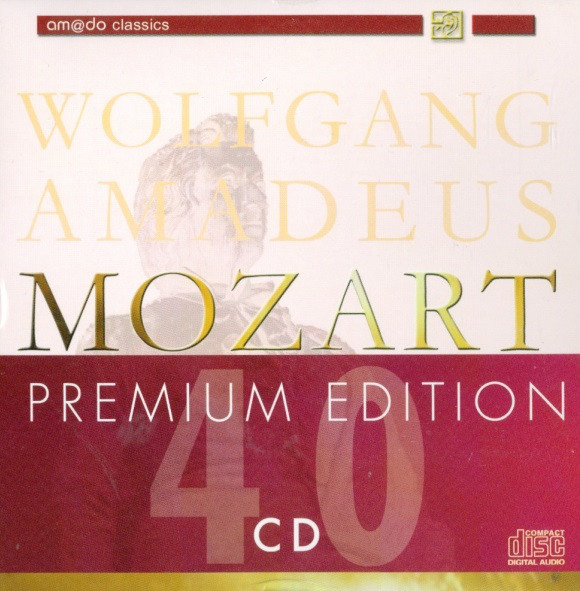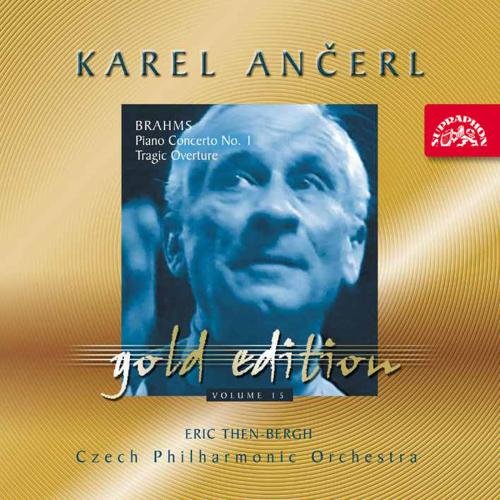Logowanie
KOLEKCJE!
BACH, CHOPIN, LISZT, MOZART, GRIEG, Dinu Lipatti, Otto Ackermann, Ernest Ansermet
The Master Pianist
PROKOFIEV, CHOPIN, TCHAIKOVSKY, SCHUMANN, BEETHOVEN, Martha Argerich, Claudio Abbado, Giuseppe Sinopoli
The Concerto Recordings
The Collection 2
Jakość LABORATORYJNA!
ORFF, Gundula Janowitz, Gerhard Stolze, Dietrich-Fischer Dieskau, Deutsche Oper Berlin, Eugen Jochum
Carmina Burana
ESOTERIC - NUMER JEDEN W ŚWIECIE AUDIOFILII I MELOMANÓW - SACD HYBR
Winylowy niezbędnik
ClearAudio
Essence MC
kumulacja zoptymalizowana: najlepsze z najważniejszych i najważniejsze z najlepszych cech przetworników Clearaudio
Direct-To-Disc
PIAZZOLLA, ChamberJam Europe
Tangos del Ángel y del Diablo
Direct-to-Disc ( D2D ) - Numbered Limited Edition
BRAHMS, Karel Ancerl
Concerto No. 1 in D minor / Tragic Overture
Kolekcja „Karel Ancerl Gold Edition” to wyjątkowa dokumentacja, wyjątkowego dyrygenta, pracującego z wyjątkową orkiestrą. Ancerl w niesamowity sposób ukazuje fenomen orkiestry jako całości, ze szczególnym uwypukleniem solistów. W tej kolekcji znajdą Państwo odpowiedź na pytanie, dlaczego koncert na orkiestrę Bartoka jest jednym z najważniejszych punktów w repertuarze większości orkiestr symfonicznych? Ancerl potrafi jak nikt inny uwypuklić poetykę twórczości symfonicznej Nowaka czy kompozycji Klementa Slavickiego. Kolekcja ta nie ogranicza się jednak do wyboru programu stawiającego najwyższe wyzwania dla wirtuozerii, ale także dla artyzmu - oto referencyjna interpretacja „Sprzedanej Narzeczonej” Smetany czy uwertury do „Rusłana i Ludmiły” Glinki.
Kolekcja jest także jakże sentymentalnym powrotem do jakże niegdyś poszukiwanych płyt winylowych Supraphonu, które w swoim czasie były namiastką wielkiej muzyki na małym krążku.
>>> Większa okładka A <<<
Karel Ančerl (19081973) was, along-side Václav Talich, par t of the tandem of two foremost Czech conductors of the 20th century. As he made an overwhelming majority of his recordings for Supraphon, and since we are approaching the thir tieth anniversary of his death, this company has decided to pay a special tribute to Ančerls memory by a grandly conceived series of reissues of his creations, under the common heading of Ančerl Gold Edition. The series is to comprise a total of 42 titles, each of which will undergo complex studio overhaul and streamlining. On their release they will be accompanied by professional musical documentation as well as by erudite historical and aesthetic studies, plus of course, copious photographic material. Ančerls career was intimately linked with the Czech Philharmonic Orchestra, with which he worked for eighteen seasons, from the year 1950. Without in the least underestimating the immense merit of Václav Talich and Rafael Kubelík in defining the interpretive style of the Czech Philharmonic, it can be said that Karel Ančerl was the first Czech conductor of a truly worldwide standing, and that he carried his orchestra to sovereign virtuosity and international fame. His artistic achievements were the perfect blend of well thought-out conception and minutious work with details; and they were invariably substantiated by both detailed knowledge of the score and capacity to capture every aspect of its architecture, as well as by refined feeling for style, formidable sonic imagination, and last but by no means the least, a marvellously communicative gestural language. Ančerl was indeed able to convince his orchestra about the validity of his approach, which has been perhaps the most essential precondition of success in the ar t of conducting. Incidentally, during Ančerls era the record industry witnessed revolutionary steps forward in the development of recording technologies, including the invention of long-playing record and the ensuing huge expansion of the orchestras recording projects. Ančerls brilliantly inspired recordings soon received due recognition in the form of prestigious international awards. Their updated reissues on CD format have since then continued to dazzle audiences by their technical perfection and sheer sonic beauty.
Here is the third instalment of six volumes in the Ančerl Gold series: a collection that is at once exceptionally strong in purely artistic terms, and in the context of the Ančerl series as a whole, unusually multifaceted. The pre-Romantic style is represented here by the music of Mozart (in several masterly solo renditions, including that of David Oistrakh, among others), and Voříšek, a prematurely deceased young genius of Czech music whose Symphony in D major is definitely compatible with Schubert´s symphonic output. Sacred music is exemplified by Dvořák´s masterly, profoundly emotional Requiem; and the world of drama is evoked by Prokofiev´s ballet music for Romeo and Juliet. Twentieth-century idioms can be savoured by their aficionados in Ančerl´s accounts of Igor Stravinsky´s kaleidoscope of styles; while lovers of the Romantic concertant style are sure to be delighted by the intoxicating melodics of Brahms´ first piano concerto, as well as by the trio of somewhat later violin concertos, more titillating on the harmonic plane, by Ravel, Lalo, and Hartmann.
